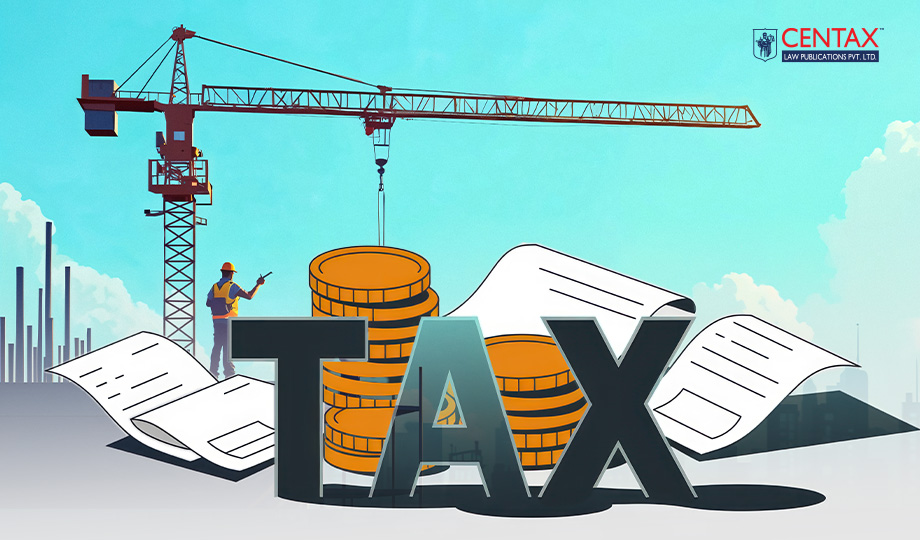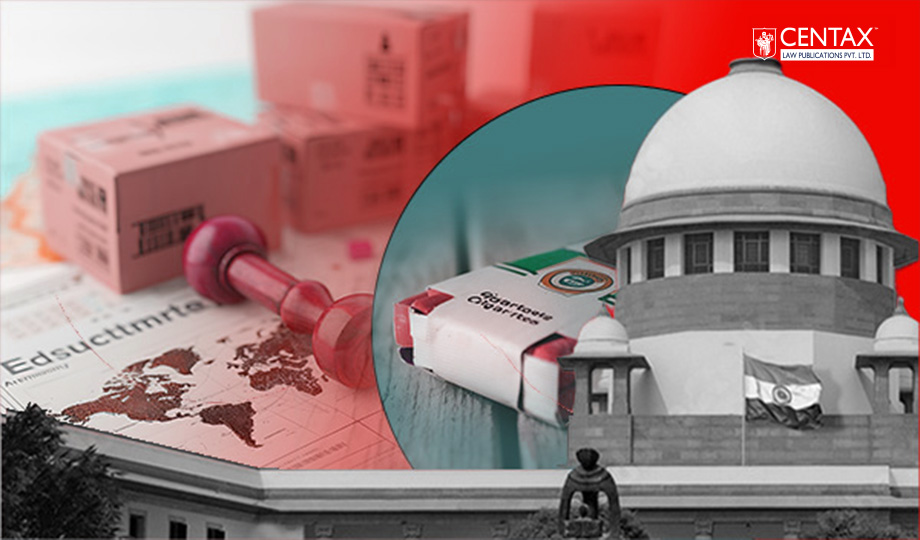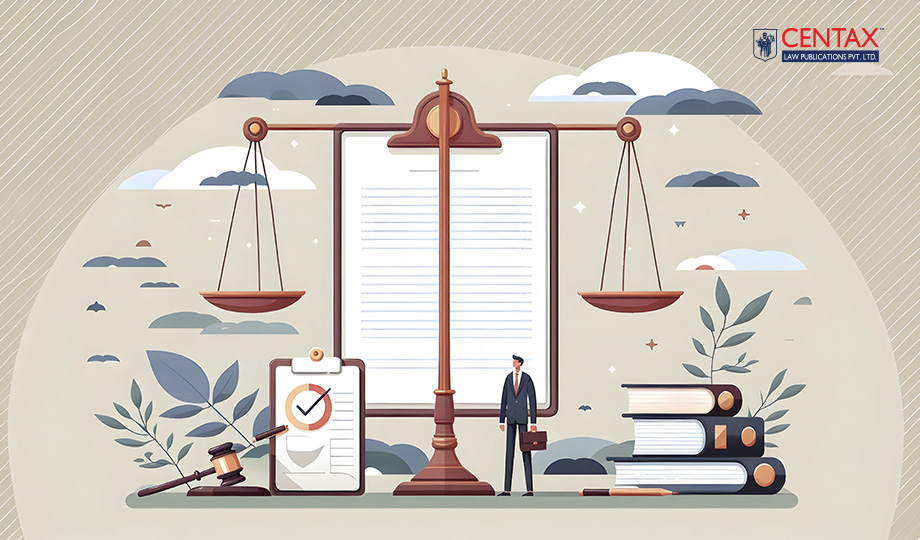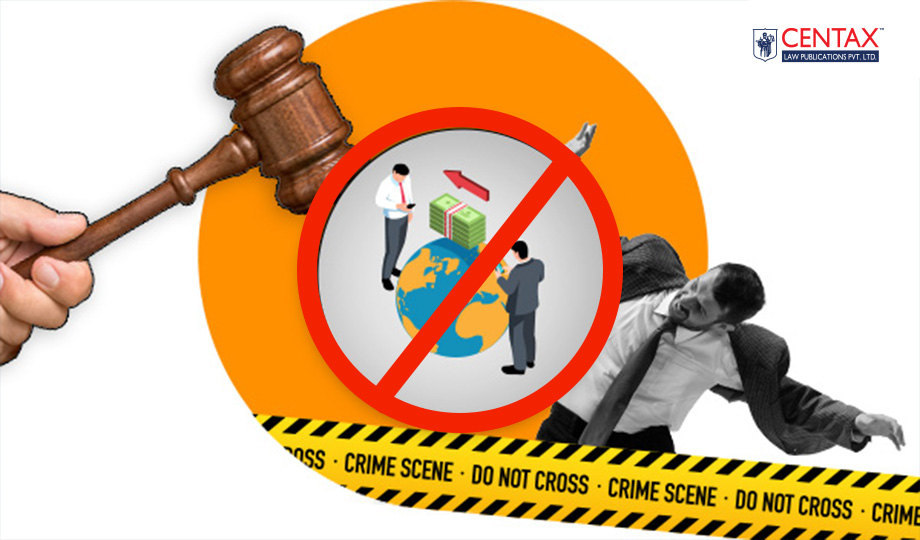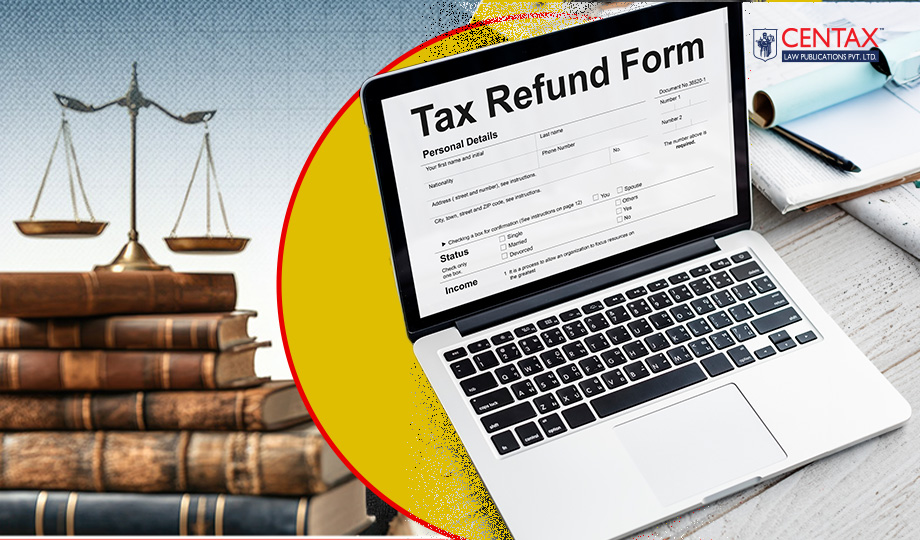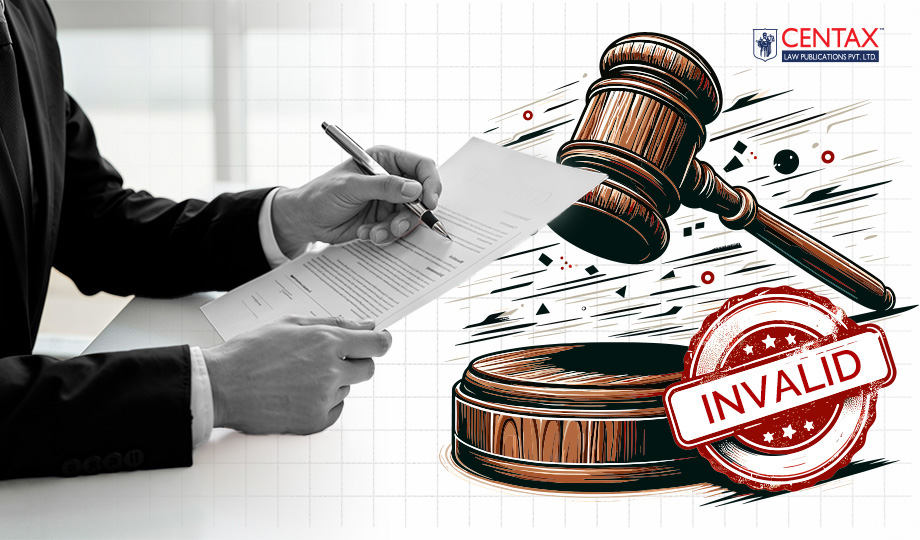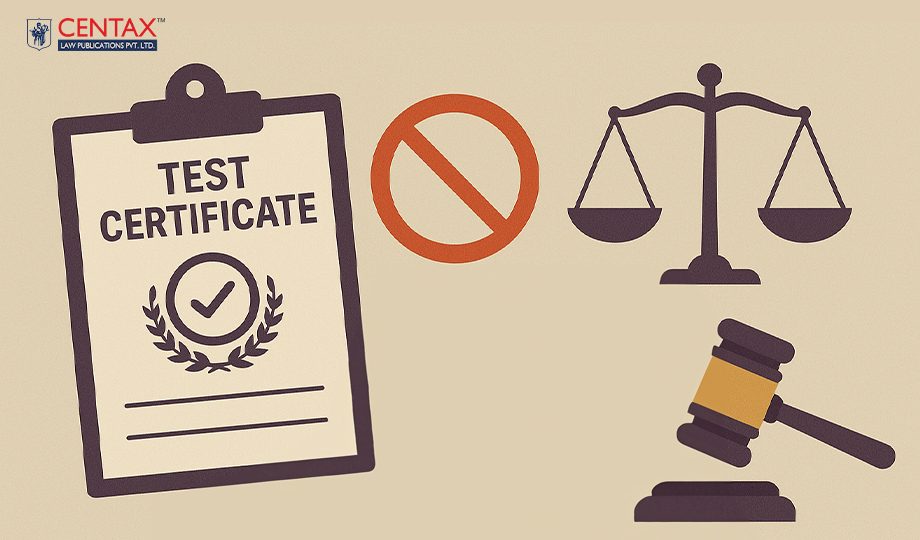
Case Details: Commissioner of CGST & Central Excise, Trichy Versus Kothari Sugars and Chemicals Ltd. (2025) 30 Centax 162 (Mad.)
Judiciary and Counsel Details
- R. Suresh Kumar & G. Arul Murugan, JJ.
- Shri N. Dilipkumar, for the Appellant.
- S/Shri Joseph Kodianthara, Senior Counsel for B. Vikram Veerasamy, for the Respondent.
Facts of the Case
The petitioner, a manufacturer operating a captive power plant, had availed Cenvat Credit on capital goods used for generating electricity. The electricity generated was partly used within the factory and the remaining was sold to the Tamil Nadu Electricity Board. For the period 2008 to 2015, the Revenue issued show cause notices (SCNs) alleging that since electricity is an exempted product, the petitioner was not eligible to claim Cenvat Credit on capital goods used in its generation, in terms of Rule 6 of the Cenvat Credit Rules, 2004. These SCNs focused only on the ineligibility of credit due to the exempted nature of electricity and did not raise any doubt on whether the capital goods were actually used in the captive power plant.
The SCNs also did not ask the petitioner to furnish any Chartered Engineer’s User Test Certificate to prove the use of the goods. The case proceeded to adjudication and orders were passed confirming the demand. When challenged, the matter was remanded by the High Court for reconsideration. During the remand proceedings, the Revenue—without modifying the original SCNs—directed the petitioner to produce a User Test Certificate, relying on a separate adjudication order passed in the case of another assessee who had either submitted or was asked to submit such a certificate. The petitioner objected, arguing that this was a new requirement not included in the original SCNs and could not be introduced at a later stage. The matter was then brought before Madras High Court.
High Court Held
The Hon’ble Madras High Court held that the Revenue was not permitted to expand or change its case beyond what was originally stated in the show cause notices. It found that the Department had not questioned the use of capital goods at the time the SCNs were issued, nor had it required any User Test Certificate to verify such use. Therefore, the direction to furnish a certificate during remand proceedings was a new demand—an afterthought—and legally impermissible.
The Court emphasised that adjudication must strictly remain within the limits of the SCN, and any demand or evidentiary requirement not specified therein cannot be raised later. Citing Rules 6 and 14 of the Cenvat Credit Rules, 2004 and Section 33A of the Central Excise Act, 1944, the Court reiterated that the principles of natural justice and procedural fairness prohibit the Revenue from improving its case mid-way.
List of Cases Reviewed
- Kothari Sugars and Chemicals Ltd. v. Commissioner — 2024 (387) E.L.T. 52 (Mad.) = (2023) 12 Centax 159 (Mad.) — Affirmed — [Paras 1, 16, 37, 56]
List of Cases Cited
- Commissioner v. Jawahar Mills Ltd. — 2001 (132) E.L.T. 3 (S.C.) — Distinguished [Paras 15, 39, 41, 51]
- Commissioner v. Rajasthan Spinning & Weaving Mills Ltd. — 2010 (255) E.L.T. 481 (S.C.) — Distinguished [Paras 15, 35, 36, 37, 42, 51]
- Commissioner v. Shital International — 2010 (259) E.L.T. 165 (S.C.) — Followed [Para 31]
- Techno Prints v. Chhattisgarh Textbook Corporation — MANU/SC/230/2025 — Followed [Para 31]
List of Departmental Clarification Cited
- C.B.E. & C. Circular No. 1053/2/2017-CX, dated 10-3-2017 [Para 12]











